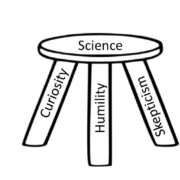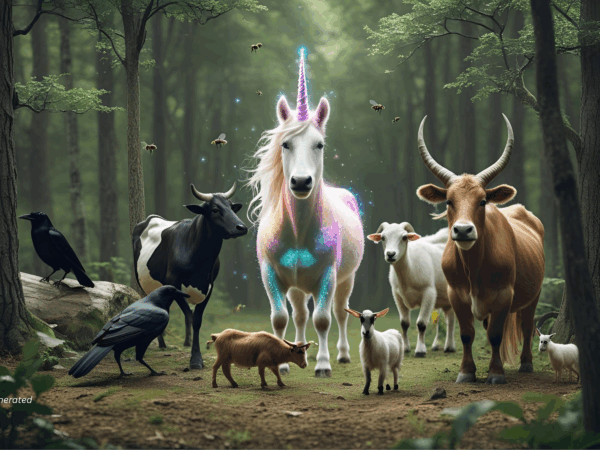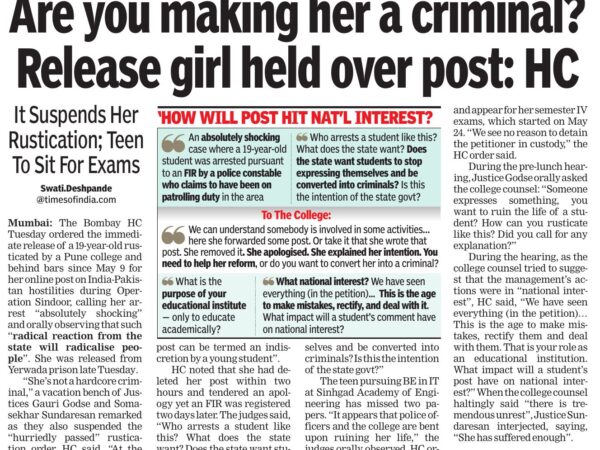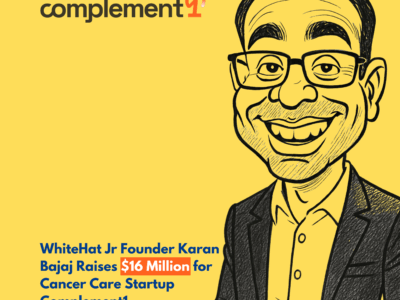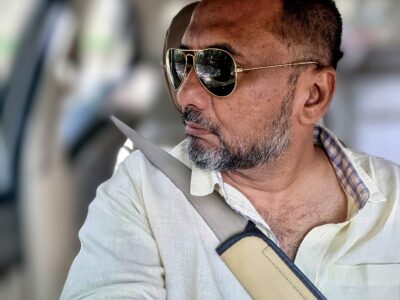‘The world now knows we exist.’
‘Kashmir is finally an integral part of India.’
‘We are no longer invisible.’
‘I am ashamed of my identity no more.’
‘This film is our Schindler’s List.’
‘My boss/friend/colleague called me and cried; they said they were sorry for treating me badly.’
These are actual quotes from social media made by Kashmiri Pandits (KPs) after the release of the propaganda-cum-hate-speech film, The Kashmir Files.
I am astounded by this.
Deviyon aur sajjanon, yeh thoda zyaadaa nahi ho rahaa? I mean, have you not heard of how migrants from the NE are mocked? Have you not seen how Dalits are treated every day in this country? Have you any idea how Muslims are discussed, sometimes in their presence? Have we all gone collectively mad as it seems from this complete lack of proportional response and sudden love for hyperbole? Or were we always like this?
Let me ask you something: Are people only ‘seeing’ you now? Are people only acknowledging your presence after the film? Are people only treating you fairly and with respect now? Who are these people? Your friends? Colleagues? Employers? Neighbours? The local trader? The cab driver? The media? Who?
Here’s what I think: If you are one of those people to whom the KPs have suddenly become ‘visible’, or if you are someone to whom their existence has only now become apparent, or if you think that Kashmir is only now ‘Indian’ because it consists of Hindu Pandits (or used to, at any rate), or if you think you weren’t empathetic enough to your Kashmiri colleague or neighbour or whoever before seeing this film, or if you now have new-found respect (which was lacking earlier) in the way you see KPs, the problem, my friend is with you. Not with the KPs. Nor with Kashmir. And most definitely not with anything to do with facts or history.
And yes, you (the person who treated KPs badly before this film came out) would have been in the minority, because KP migrants in any part of India have never been invisible or treated as non-existent. They have never been treated differently. They have never not had the complete and total sympathy of literally everyone around. They have never been told to ‘go back where they came from’, never mocked for their dress or accent or cuisine or traditions, never called derogatory names, never prevented from demanding their homes back or protesting their exile, never ignored, never lynched, never segregated, never discriminated against, never stopped from jobs or promotions or admissions, never prohibited from eating their food, never excluded from society, never treated as inferior, never refused equality in financial institutions or the courts of law, never declined an audience or a voice in the media, never called to the police station for questioning (unlike their Kashmiri Muslim brethren), never asked to justify their choice of cricketing heroes, and never made to feel as if they were not Indians in any shape, colour, or form.
The tall, fair, light-eyed, light-haired, sharp-nosed, conventionally good-looking, high caste people, with 100s of years of privilege, position, education, and social capital behind them, have, in the scale of being oppressed by the society they ran away to so as to escape a horrible fate at home, none of which was their fault and was a result of being caught between forces they could not control, with 1 being the most oppressed and 10 being the least, are at a cool 9.99 in India. Their ancestors (some of them living today) suffered terribly. And their pain is legitimate. Like every claim to pain. Their lived experiences are valid. Like every lived experience. And they have every right to build your unique identity around it. Like everyone else. But their claim that they were badly treated by the rest of India and indeed the world, are specious and exaggerated, which is quite clearly what the filmmakers wanted: highlight their pain to focus on the villain – the Muslim; and not just the Kashmiri Muslim, any Muslim, and anyone speaking even in the slightest for this Muslims anywhere in India or the world.
So, once again, if you are one of those posting on social media that you really have suddenly started to acknowledge the existence of KPs as humans after seeing a film, the problem, I hate to say it, is you. You are the asshole here. Most definitely.
And if you, as a KP, have surrounded yourself with people like these, you really need to get out more.
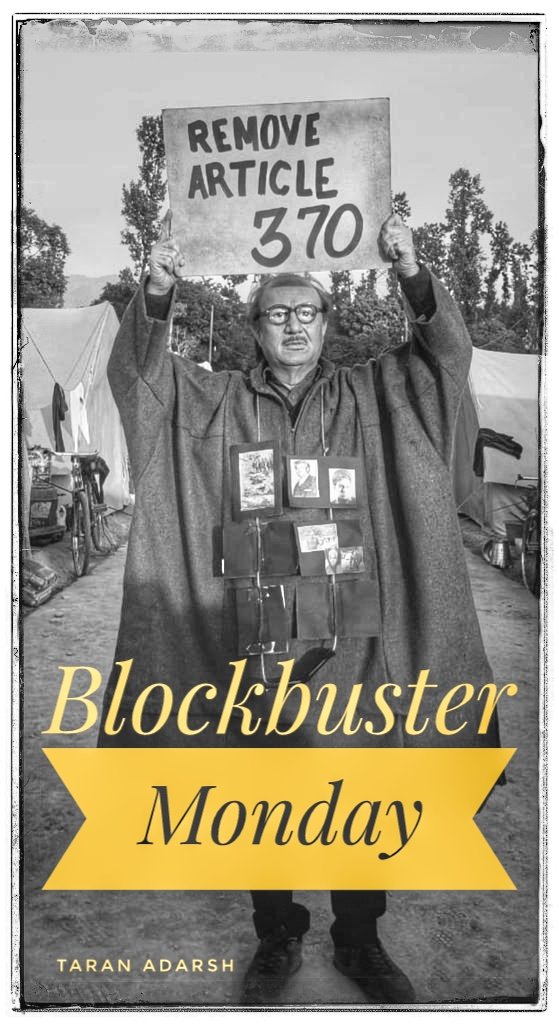
The movie-makers are literally laughing their way to the bank.
Dear KPs,
The problem isn’t that anyone is denying you space or refusing to hold your stories of pain and suffering as valid. The problem isn’t that no one knows about it or no one talks about it or that the media has never highlighted it or that books have not been written about it or films haven’t been made on it. The problem isn’t one of acknowledging that the exodus happened, and it was horrible, and must be reversed and reparations made.
The problem is that the victims of this exodus (you, my dear friend) haven’t realised that their pain is being weaponised (in a blockbuster movie, making Crores for the producer) and they are told somehow that they are the oppressed lot by the very people who were hand-in-glove with those whose job was to protect the KPs and their homes back then, and this pain is being directed at an entire community. This will not end well. Not for those you consider your enemies. Not for you. And most definitely not for Kashmir. Or India.
The only winners of this are going to be those that will (to paraphrase a Hindi proverb) roast their bread over funeral pyres, whether yours or your enemies’. The game is rigged. The house will always win. Your euphoria over the temporary validation of your imagined oppression by your friends, neighbours, colleagues, and acquaintances will vanish when you realise that this emotion was used by the real villains, in this case, to weaponise it to consolidate their political power and not to solve your decades-old problem. In fact, I’d offer you odds that they want the problem to remain. Festering. Simmering. To be turned up when needed. And this is a bet that I will win. For I am betting with the house.
Recognise the true villains here. You have little time. For that boat’s about to sail too. And soon, very soon, it might be too late.
With love, as always,
Kedar
P.S: One last thing. The comparisons with the Holocaust? Just. No.
This is my absolute last word on this matter. I am tired. And done.

